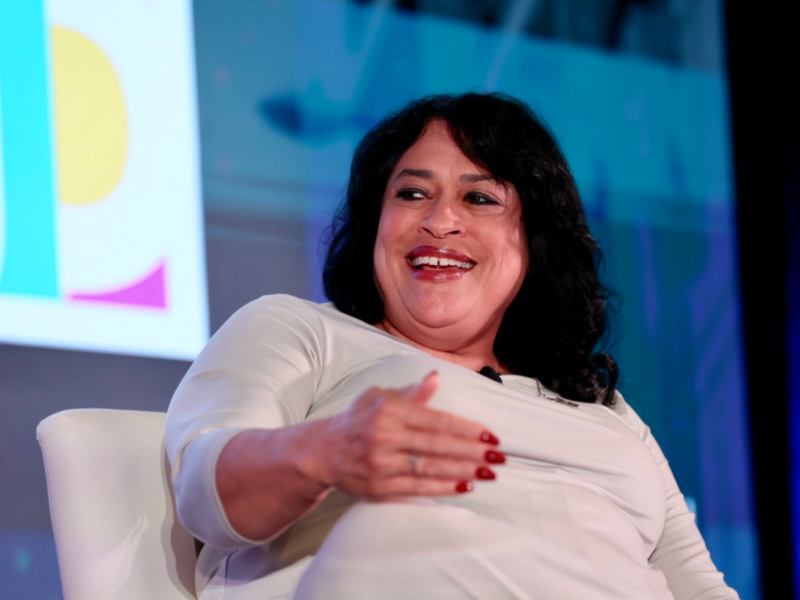Diana Marszalek 26 Oct 2022 // 10:49AM GMT

WASHINGTON, DC — Elevating the Black narrative in mainstream storytelling requires greater knowledge of the breadth and depth of Black history — and that there is no such thing as a universal Black experience.
“Now is really the most important time to teach all children, all students, all adults where we have come from, what has happened, why we’re in some of the circumstances we are in today,” said Perri Irmer, president and CEO of The DuSable Black History Museum and Education Center in Chicago. “But most important is how we make good history going forward together.”
Irmer’s comments Tuesday at PRovokeGlobal were part of a conversation with Andréa Richardson, Zeno’s global head of DEI, about Black history and Black culture — and why accurately and authentically conveying the Black experience requires the inclusion of a wider range of perspectives and voices.
“While Black people are connected culturally, globally, we have different nuances to our stories,” she said. “Now is the time to recognize our differences and our common narratives.”
Irmer pointed to several cases in point that show discrepancies between long-accepted takes on the Black experience and the reality for people in the US and around the world.
In the US, for instance, Black history is woefully limited — a story that starts with slavery and touches on the likes of Harriett Tubman and Martin Luther King, Jr. “There is so much more to us and our culture than that,” Irmer said.
In other regions, meantime, the Black experience included, say, the subjugation of colonialism outside the US, which was recently thrust into the spotlight with the passing of the United Kingdom’s Queen Elizabeth. “Not everybody was all broken up about the death of a monarch,” Irmer said.
Elsewhere, the Black narratives may focus on freedom. “We now look at who the narrators are,” Irmer said.
Irmer said the expanded view of Black culture and history should permeate all forms of communications from storytelling and academics to marketing, the latter of which has been historically plagued by short-sighted views of Black consumers.
“You can’t market in a credible way to the Black purchasers, most of who I believe are women, with the same message and the same images that you would use for a white audience. There are cultural specificities, there are cultural experiences,” she said.
Appreciating those perspectives and experiences is also key to understanding and addressing societal issues involving Black communities. Black reticence to being vaccinated against Covid, for instance, stems from the medical community’s unjust treatment of Blacks through programs like the Tuskegee Experiment, which denied Black men with syphilis penicillin to treat the disease.
“Everything is not white-centric,” Irmer said. “That is not the baseline everyone uses, everyone refers to and everyone recognizes.”
And while DuSable, as a museum, is legally a place dedicated to education versus activism, Irmer said it has become increasingly difficult to combat the rise of destructive efforts like book banning that hinder advancement and understanding of Black voices in mainstream communications.
“The denial of learning, which personally I think has got to be unconstitutional on multiple levels, really makes us want to step up our advocacy as well,” she said.


































.jpg)


















